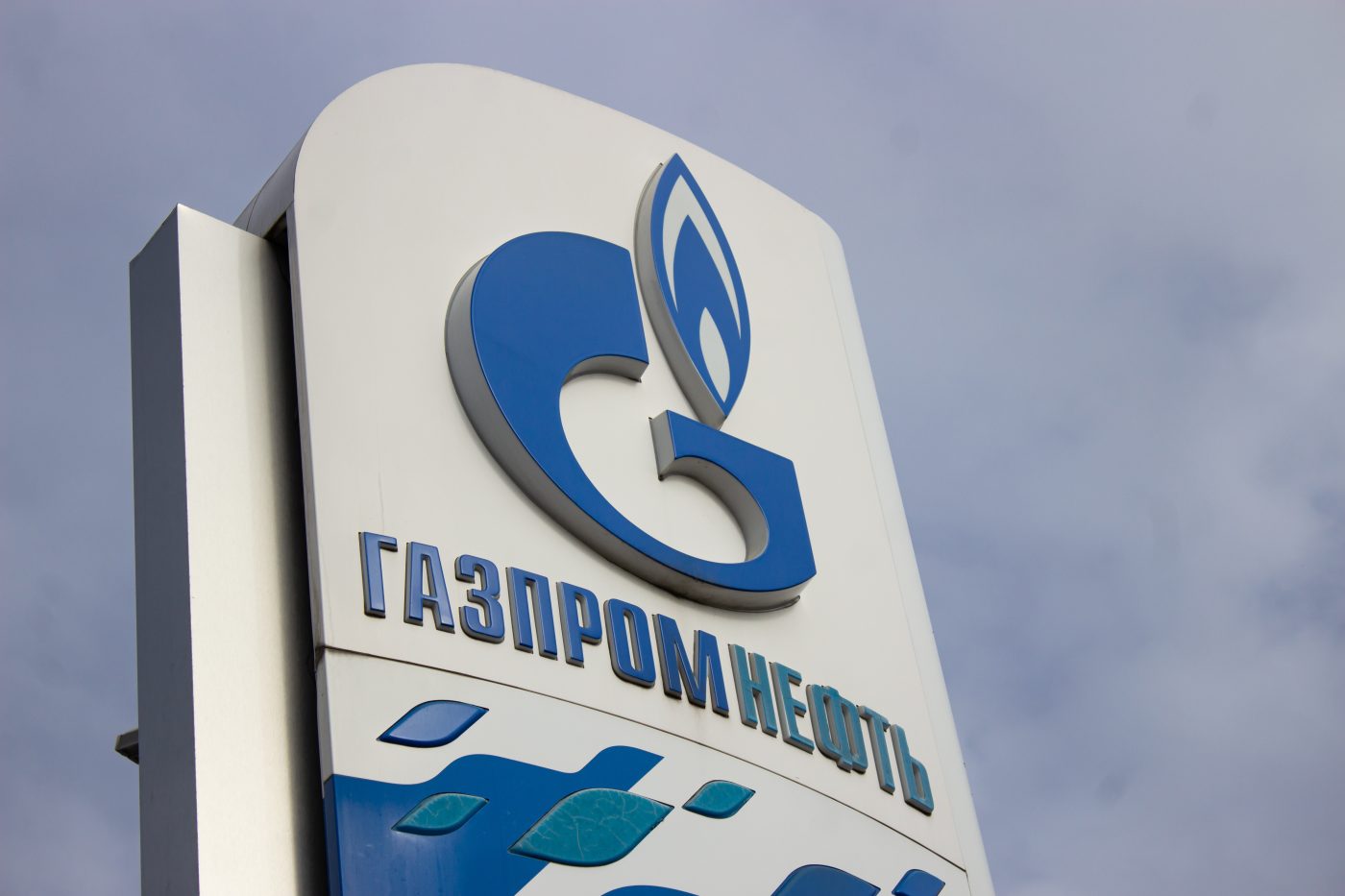Imagine we are observing a Russian port on the Black Sea, and let’s say the town is Novorossiysk. At its pier, tankers are being loaded with oil products at a price matching the cap set by the European Union (EU) and the G7 group of advanced industrial economies.
On February 5, the EU-G7 coalition introduced these price restrictions on purchases of Russian oil products at a cap of $60. As a result, according to the Black Sea Institute of Strategic Studies, its exports from the Black Sea decreased by 7.8% by volume compared to January. However, in March there was a sharp growth of 21.5%, mainly due to an increase in the export of oil products to countries that did not join the sanctions, and the violation of the embargo by the companies of some EU and G7 member states.
Turkey remains the leading buyer of Russian oil products. But the leaders in terms of transportation volumes is not some “shadow” fleet, but tankers owned by shipowners from EU and G7 countries (Greek, German, and even US-owned), which transported almost 37% of these oil products in March.
Back to our tanker in Novorossiysk. It carries Russian oil products purchased by a company that we will call Trader 1 at a price that does not exceed the price cap. Its total value is the amount for Russian taxation purposes. And based on these numbers, Russia’s government reports that petroleum product revenues have decreased.
The tanker gets underway indicating that the Turkish port of Istanbul is its destination. In fact, Istanbul is just a point of transit, as indicated by its paperwork showing “To order” rather than the final destination. Once the tanker has passed through Russian customs, the scheme begins. Oil products are repurchased at a much higher price from Trader 1 by an affiliated company, let’s say, Trader 2, which is registered in another country.
Now the vessel indicates its genuine destination in Turkey, India, Tunisia or Singapore, or some other country. The margin from such an artificial resale settles in Russian foreign accounts. Meanwhile, Western analysts are used to trusting official statistics to confirm the success of their sanctions. Political strategies are built on their reports. Authoritative media report government claims that the sanctions do work.
But Russia is a professional cheat; it finds the smallest loopholes to deceive the world and avoid punishment. It is having some success.
It’s true there are conflicting views about this and that the US Treasury has declared its scheme has made a difference. The New York Times reported on May 18 that the price cap is, in the words of a senior administration official, “working extremely well” as indicated by a 27% drop in Russian oil revenues.
In view of what is happening at Russian ports on the Black Sea (see above), this is a somewhat credulous assessment.
The West needs to wake up and acknowledge what is happening. While G7 leaders (the group is composed of the US, Japan, Germany, Britain, France, Italy, and Canada) in Hiroshima stated on May 19 they will work to limit exports to Russia, the key area of its energy earnings was less discussed even though this provides 20% of Russian state revenue.
New approaches are needed. These include the dynamic tracking of sanctions, prompt responses to violations, searching for and blocking shell companies involved in these schemes, and the targeting of Russian bank accounts in the UAE, Singapore, Hong Kong, and elsewhere.
Because while the West slowly responds to emerging problems, the International Energy Agency (IEA) reported that Russian oil exports reached their highest for three years in March 2023.
Meanwhile, as night falls, Ukrainians all over Ukraine hear the endless howling of air alarms and pray for the Ukrainian air defense forces fighting to repel more and more massive Russian missile and drone attacks funded by its ballooning defense budget. Ukrainian soldiers and civilians, including children losing their limbs, need some better response in a war for the values of European security and democracy.
Olya Korbut is an analyst on sanctions at the Black Sea Institute of Strategic Studies (Ukraine) and an In-resident Fellow at the Center for European Policy Analysis (CEPA.) She works on OSINT monitoring and analysis of Black Sea militarization by Russia since 2014, as well as on the creation of a database on exports of Russian oil and other goods by sea since its full-scale invasion of Ukraine.
Europe’s Edge is CEPA’s online journal covering critical topics on the foreign policy docket across Europe and North America. All opinions are those of the author and do not necessarily represent the position or views of the institutions they represent or the Center for European Policy Analysis.





